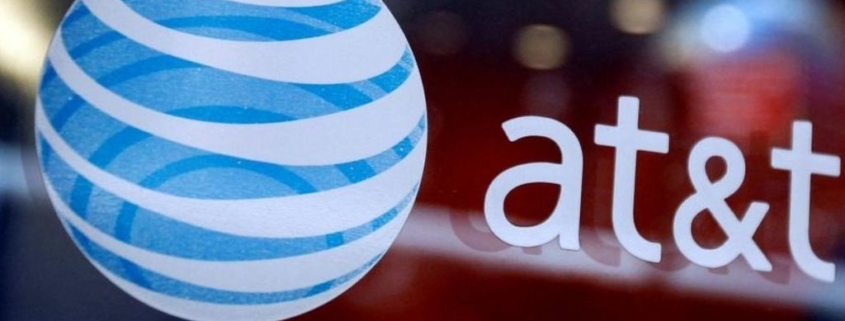Cheap, independently produced ‘Junk Gun’ ransomware infiltrates dark web: Sophos
Sophos, a global leader of innovative security solutions that defeat cyberattacks, recently released a new report titled, “‘Junk Gun’ Ransomware: Peashooters Can Still Pack a Punch,” which offers new insights into an emergent threat in the ransomware landscape.
Since June 2023, Sophos X-Ops has discovered 19 ‘junk gun’ ransomware variants—cheap, independently produced and crudely constructed ransomware variants—on the dark web, reads a press release.
The developers of these junk gun variants are attempting to disrupt the traditional affiliate-based ransomware-as-a-service (RaaS) model that has dominated the ransomware racket for nearly a decade.
Instead of selling or buying ransomware to or as an affiliate, attackers are creating and selling unsophisticated ransomware variants for a one-time cost—which other attackers sometimes see as an opportunity to target small and medium-sized businesses (SMBs), and even individuals.
As noted in the Sophos report, the median price for these junk-gun ransomware variants on the dark web was $375, significantly cheaper than some kits for RaaS affiliates, which can cost more than $1,000. The report indicates that cyber attackers have deployed four of these variants in attacks. While the capabilities of junk-gun ransomware vary widely, their biggest selling points are that the ransomware requires little or no supporting infrastructure to operate, and the users aren’t obligated to share their profits with the creators.
Junk gun ransomware discussions are taking place primarily on English-speaking dark web forums aimed at lower-tier criminals, rather than well-established Russian-speaking forums frequented by prominent attacker groups. These new variants offer an attractive way for newer cybercriminals to get started in the ransomware world, and, alongside the advertisements for these cheap ransomware variants, are numerous posts requesting advice and tutorials on how to get started.
To learn more about junk gun ransomware and the latest change in the ransomware ecosystem, read “Junk Gun Ransomware: Peashooters Can Still Pack a Punch” on Sophos.com.




